Rising sea levels swamping low lying coastal regions, dramatically warming temperatures bringing about a radical transformation of the ecology and biodiversity of the environment through mass extinctions of faunal and floral life. Although this is a forecast for the near future of our planet, by looking to the past we can learn from the Indigenous people of Southern New England who over 14,000 years experienced dramatic climatic and environmental disruptions and changes. They not only survived, but thrived and their ability to adapt was the key to their survival. Their adaptability was due in large part to their relationship with and perception of everything within their environment. Can it be the same for us?
Indigenous success was predicated upon how they related to and perceived every single living and non-animate element they shared the planet with. They deeply understood that we and all creation are part of an interconnected web of energy and consciousness. Consequently they lived with a sense of gratitude in reciprocity, honoring their interdependence with the Living Earth. Indigenous people still acknowledge their very survival is dependent upon all of nature and elements within the environment, their “family.” In contrast, our culture has embraced the belief that we are, as the pinnacle of evolution, separate from and above nature. This has driven us to dominate and exploit everything on Earth to satisfy our overconsumption, in the process destroying much of the planet and threatening all life. We are now facing an ecological and environmental disaster from which there seems no escape.
James T. Powers shows us a way forward, however, to save ourselves and the rest of life on the planet. By embracing the perception and consciousness that has sustained Indigenous people and our ancestors for thousands of years, we can begin to heal our relationship with the Living Earth and create a world where all life can continue sustainably in balance and harmony. It is time to listen to the voices of wisdom from our collective past before it is too late. This is the message of Ancient Wisdom, Modern Hope; Relearning Environmental Connectiveness.
James T. Powers is an historian, archaeologist, author, and retired teacher. James received a BA and two MAs from Wesleyan University in Middletown, Ct. Throughout his career James has studied and taught about Early American history and Native American life and culture. His interest in the Quinnipiac people, a local Indigenous tribe, and his desire to share the story of the Quinnipiac experience has been furthered through his research while involved in the establishment of the Quinnipiac Dawnland Museum at the Dudley Farm Museum in Guilford, Ct. where he currently serves on the board of directors and is a founding member.
As a student of Celtic and Native American Shamanism, James has gained insights into how those belief systems have shaped the world view of the cultures where shamanism has and is practiced. These areas of study led James to write Ancient Wisdom, Modern Hope; Relearning Environmental Connectiveness. James and his wife Adriana live in an early 18th century home in Durham, Connecticut.
James has published three non-fiction histories; Saving the Farm; A Journey through Time, Place, and Redemption (2013), and Seeing the Past; Stories on the Trail of a Yankee Millwright (2016). Both were published by Homebound Publications. His latest history, On the Edge of Uncertainty; The Siege and Battles of Saybrook Fort during the Pequot War, 1636-1637 (2020) was published through a grant from the United States Park Service and received a national Award of Excellence from the American Association for State and Local History. This summer (2021), his historical novel, Shadows Over Dawnland was published by the Beacon Publishing Group (www.beaconpublishinggroup.com). It tells the tragic story of the first fifty years of interaction between the English colonists and the Quinnipiac people during the 17th century.
This live program will also be streamed on Zoom. Register to get link.

